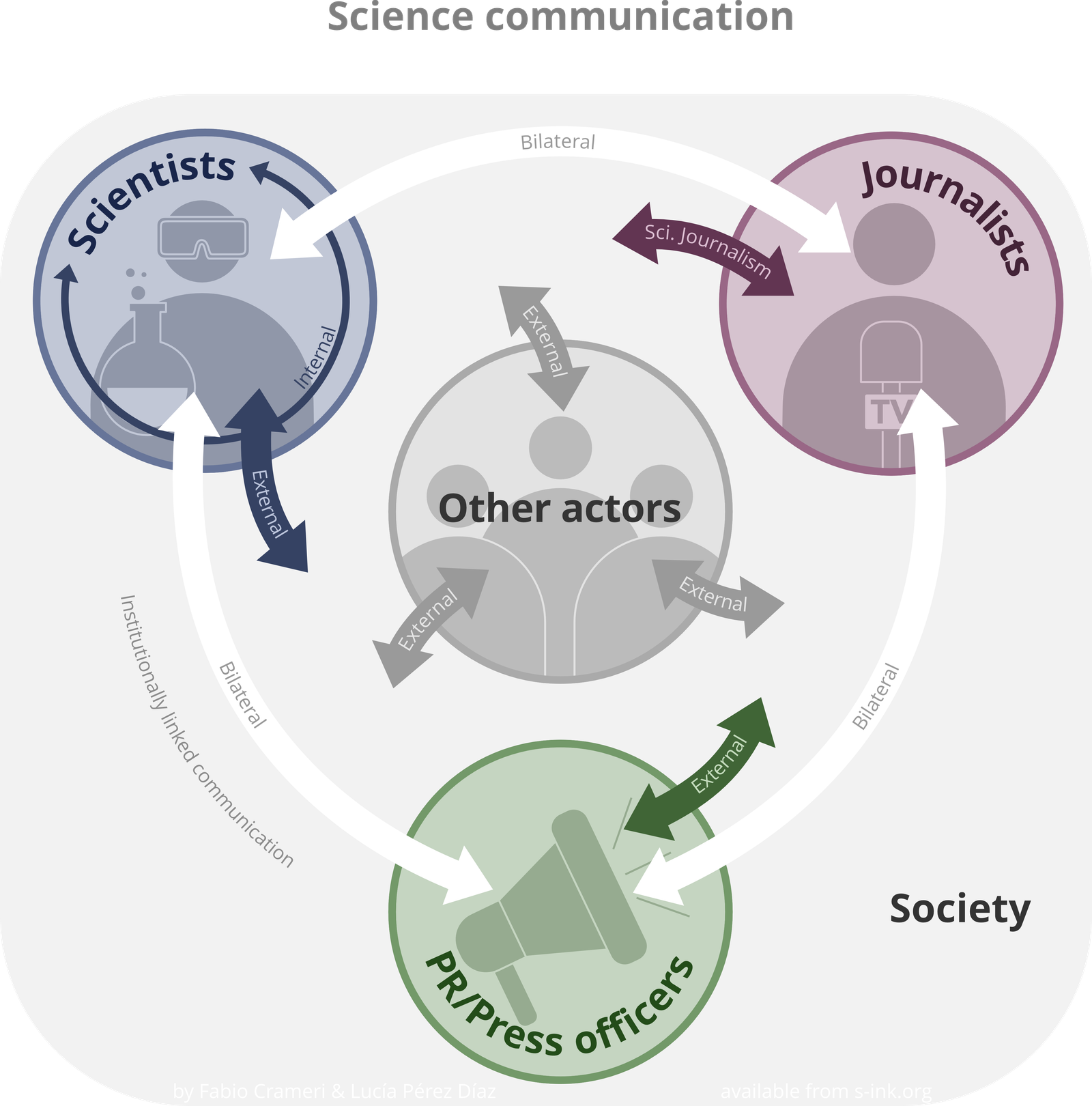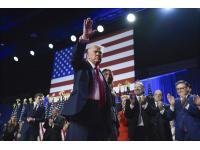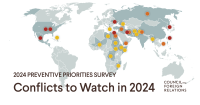Political communication strategies have undergone a profound evolution over time, adapting to technological advancements, changing societal norms, and evolving media landscapes. This blog aims to trace this evolution, exploring the historical shifts and contemporary trends in political communication strategies and their impact on shaping public opinion and governance.

Traditional Forms of Political Communication
1. Oratory and Speeches
Historically, oratory skills played a pivotal role in political communication, with leaders using speeches to sway public opinion, inspire action, and communicate their vision.
2. Print Media and Propaganda
Print media, including newspapers, pamphlets, and posters, served as primary tools for disseminating political messages and propaganda, influencing public perception.
The Rise of Mass Media and Broadcasting
1. Radio and Television
The advent of radio and television revolutionized political communication, enabling politicians to reach mass audiences through speeches, debates, and political advertisements.
2. The Era of Political Ads
Television commercials became a significant component of political campaigns, using persuasive messaging to influence voter opinions and perceptions.
Digital Revolution in Political Communication
1. Internet and Social Media
The internet and social media platforms have transformed political communication, providing unprecedented reach, immediacy, and interactivity for political messaging.
2. Engagement through Social Platforms
Politicians leverage social media for direct engagement with constituents, sharing policy proposals, rallying supporters, and responding to criticisms in real-time.
Data Analytics and Targeted Messaging
1. Use of Data for Targeting
Advancements in data analytics enable political campaigns to target specific demographics with tailored messages and advertisements based on individual preferences and behavior.
2. Microtargeting and Personalization
Microtargeting strategies personalize political messaging, optimizing content to resonate with specific audiences, maximizing impact and voter engagement.
Challenges and Ethical Considerations
1. Misinformation and Disinformation
The digital age has amplified the spread of misinformation and disinformation, posing ethical challenges and threatening the integrity of political communication.
2. Privacy Concerns and Data Usage
The collection and utilization of personal data for political purposes raise concerns about privacy breaches and the manipulation of voter behavior.
Conclusion
Political communication strategies have evolved significantly, from traditional oratory to digital engagement and data-driven targeting. While these strategies offer unparalleled opportunities for engagement and outreach, they also pose ethical challenges related to misinformation and privacy. Understanding this evolution is crucial in comprehending the dynamics of contemporary political discourse and governance.







